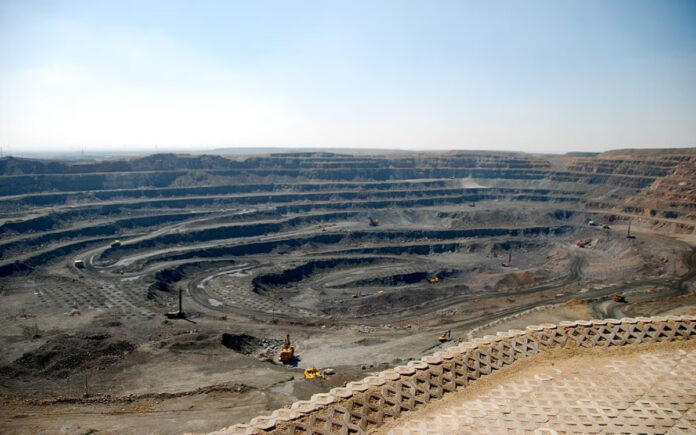Washington: U.S. President Donald Trump announced on Friday that Chinese President Xi Jinping had agreed to allow rare earth minerals and magnets to flow to the United States, potentially easing longstanding tensions between the world’s two largest economies.
When asked aboard Air Force One if Xi had given this commitment, Trump responded simply, “Yes, he did.”
The Chinese embassy in Washington had not immediately commented on the statement.
Trump’s announcement followed a rare phone call with Xi the previous day, which aimed to resolve escalating trade disputes centered on rare earth minerals—a critical component in industries ranging from automotive to military technology. Trump described the talks as concluding on a “very positive” note, adding that “there should no longer be any questions respecting the complexity of Rare Earth products.”
Supporting this easing of tensions, sources familiar with the matter revealed that China had issued temporary export licenses to rare-earth suppliers servicing the top three U.S. automakers.
Further diplomatic engagement is planned, with senior U.S. officials scheduled to meet Chinese counterparts in London on Monday to continue negotiations.
“We’re very far advanced on the China deal,” Trump told reporters.
Also Read | Abrego Garcia Faces Migrant Smuggling Charges After Controversial Deportation Reversed
The backdrop to these developments includes the May 12 agreement struck in Geneva, where both countries agreed to roll back most tariffs for 90 days—a move that lifted market fears of a prolonged trade war. However, China’s April suspension of exports on various critical minerals and magnets has continued to impact global supply chains for key sectors like chip manufacturing and defense contractors.
Trump had accused China of violating the Geneva agreement and responded by imposing restrictions on chip-design software exports to China. Beijing denied these allegations and warned of retaliatory actions.
Also Read | Census Reveals Brazil’s Rapid Shift Away from Catholicism
Rare earth minerals and other critical resources remain strategic assets for China, providing leverage amid U.S. political pressures tied to economic growth concerns and industrial production.
Since returning to the White House in January, Trump’s trade policy has been marked by frequent shifts, with threats of punitive tariffs and sanctions often rolled back or softened at the last moment, creating uncertainty for global leaders and business executives alike.



